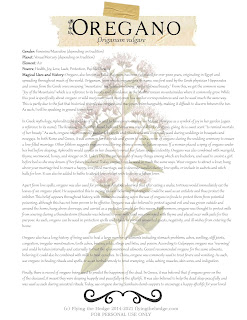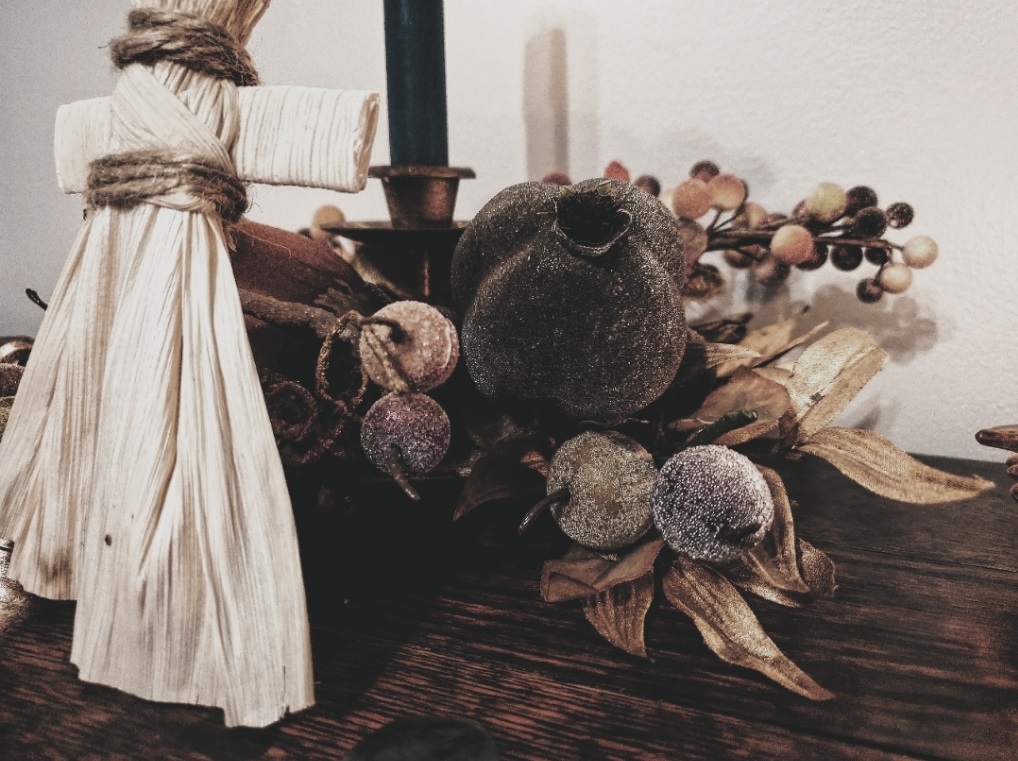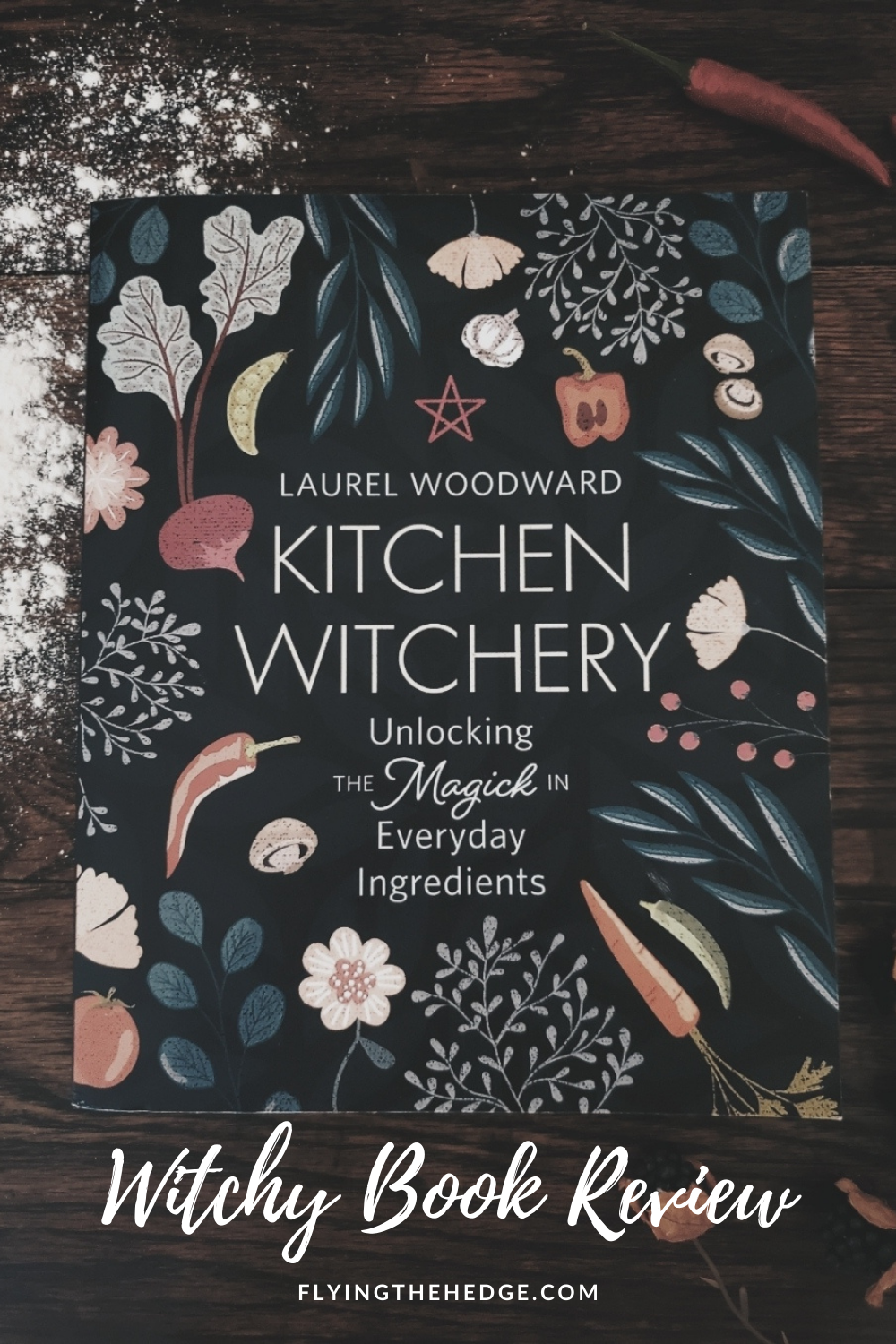Planet: Venus/Mercury (depending on tradition)
Element: Air
Powers: Health, Joy, Love, Luck, Protection, Psychic Dreams
Magical Uses and History: Oregano, also known as Wild Majoram, has been cultivated for over 3000 years, originating in Egypt and spreading throughout much of the world. Origanum, from which oregano gets its name, was first used by the Greek physician Hippocrates and comes from the Greek oreos meaning "mountains" and ganeos meaning "joy/brightness/beauty." From this, we get the common name "Joy of the Mountains" which is a reference to its beauty and abundance in the Mediterranean mountainsides where it commonly grew. While this post is specifically about oregano or wild marjoram, sweet marjoram has similar correspondences and can be used much the same way. This is partly due to the fact that historical records use oregano and marjoram interchangeably, making it difficult to discern between the two. As such, I will be speaking in general terms here.
In Greek mythology, Aphrodite, the goddess of love, is said to have grown oregano on Mount Olympus as a symbol of joy in her garden (again a reference to its name). The Romans, on the other hand, believed Venus was responsible for oregano, giving its is sweet scent "to remind mortals of her beauty." As such, oregano was commonly used in love spells and rituals and was commonly used during weddings in bouquets and nosegays. In both Rome and Greece, it was common for the bride and groom to wear a crown of oregano during the wedding ceremony to ensure a love-filled marriage. Other folklore suggests oregano would bring divine a woman's future spouse. If a woman placed a sprig of oregano under her bed before sleeping, Aphrodite would appear in her dreams to reveal her future spouse's identity. Oregano was also combined with marigold, thyme, wormwood, honey, and vinegar on St. Luke's Day, the patron saint of many things among which are bachelors, and used to anoint a girl before bed so she may dream of her future husband. Today, oregano can be used in much the same ways. Wear oregano to attract a lover, hang above your marriage bed to ensure a happy, love-filled marriage, use to decorate candles during love spells, or include in sachets and witch balls for love. It can also be added to baths to attract love or slept with to divine a future lover.
Apart from love spells, oregano was also used for protection. Aristotle observed that after eating a snake, tortoises would immediately eat the leaves of an oregano plant. He acquainted this to curing 'poison' believing that oregano could be used as an antidote and thus protect the imbiber. This belief appears throughout history, with monarchs insisting upon the use of oregano in foods to protect them from potential poisoning, although this has not been proven to be effective. Oregano was also believed to protect against evil and was grown outside and around the home, hung above doorways, and carried as a protective amulet for this reason. Furthermore, oregano was thought to protect milk from souring during a thunderstorm (thunder was believed to sour milk) and was combined with thyme and placed near milk pails for this purpose. As such, oregano can be used in protection spells and rituals to prevent unwanted guests, negativity, and ill-wishes from entering the home.
Oregano also has a long history of being used to heal a large number of ailments including stomach problems, aches, swelling, stiff joints, congestion, irregular menstruation, tooth aches, bruises, colds, stings and bites, and poison. According to Culpepper, oregano was "warming" and could be taken internally and externally to treat the aforementioned ailments. Gerard recommended oregano for the same ailments, believing it could also be combined with milk to treat earaches. In China, oregano was commonly used to treat fevers and vomiting. As such, use oregano in healing rituals and spells, or as an herbal remedy to treat cramping, colds, aching muscles, skin sores, and indigestion.
Finally, there is record of oregano being used to predict the happiness of the dead. In Greece, it was believed that if oregano grew on the grave of the deceased, it meant they were sleeping happily and peacefully in the afterlife. It was also believed to help the dead sleep peacefully and was used as such during ancestral rituals. Today, use oregano during Samhain dumb suppers to encourage a happy afterlife for your loved ones, place on ancestral altars to bring them peace, or use during other spirit work to soothe the spirits you are working with.
Oregano can be used in a number of spells including:
Protection Spells
Love Spells
Love Spells
Dream Magic
Healing Spells
Ancestral Veneration
Spirit Work
Medicinal Uses: Oregano is a stimulating diaphoretic, being used most often to treat colds and flu. As an expectorant, it is used to treat coughs and other respiratory infections. Its antiseptic properties make it great for treating mouth sores and throat infections as well as cuts and wounds. Furthermore, oregano oil can be used to treat tension headaches, as well as muscle aches and rheumatic pain. It is a mild emmenagogue, meaning it stimulates menstrual flow, so oregano should be used sparingly if you are pregnant or wishing to become pregnant.
Preparation and Dosage: For internal use, combine one cup of boiling water with 1 teaspoon of dried oregano and infuse for 10-15 minutes. Drink up to three times a day. To create a mouthwash, pour one pint of boiling water over two tablespoons of oregano and let infuse for 10 minutes. Reheat the mixture each time you plan to use it and gargle up to four times a day as needed. As a tincture, take 1-2 milliliters up to three times a day. Externally, oregano oil can be used to treat minor skin irritations, stings, cuts, bruises, and pain. Fill a small mason jar 3/4 of the way full of dried oregano and cover with a carrier oil of your choice. Infuse in a sunny window for 4-6 weeks before straining. Use the oil up to three times a day. Oregano can also be used in poultices for the same reason.

Want to print a copy of this for your Book of Shadows? Click below for your free copy!
If you liked this post and would like to support future content, please consider leaving a small tip in the jar.
















